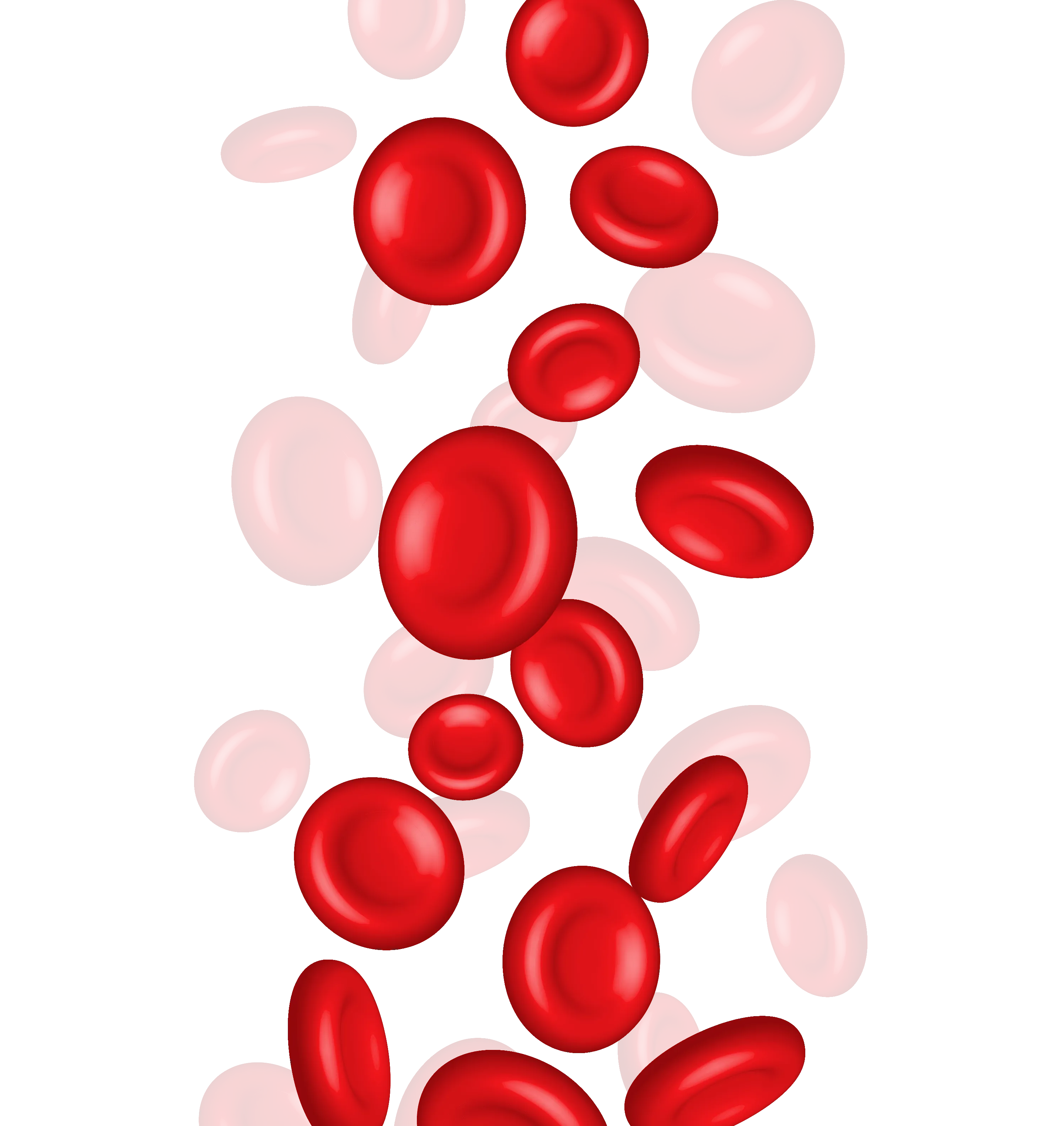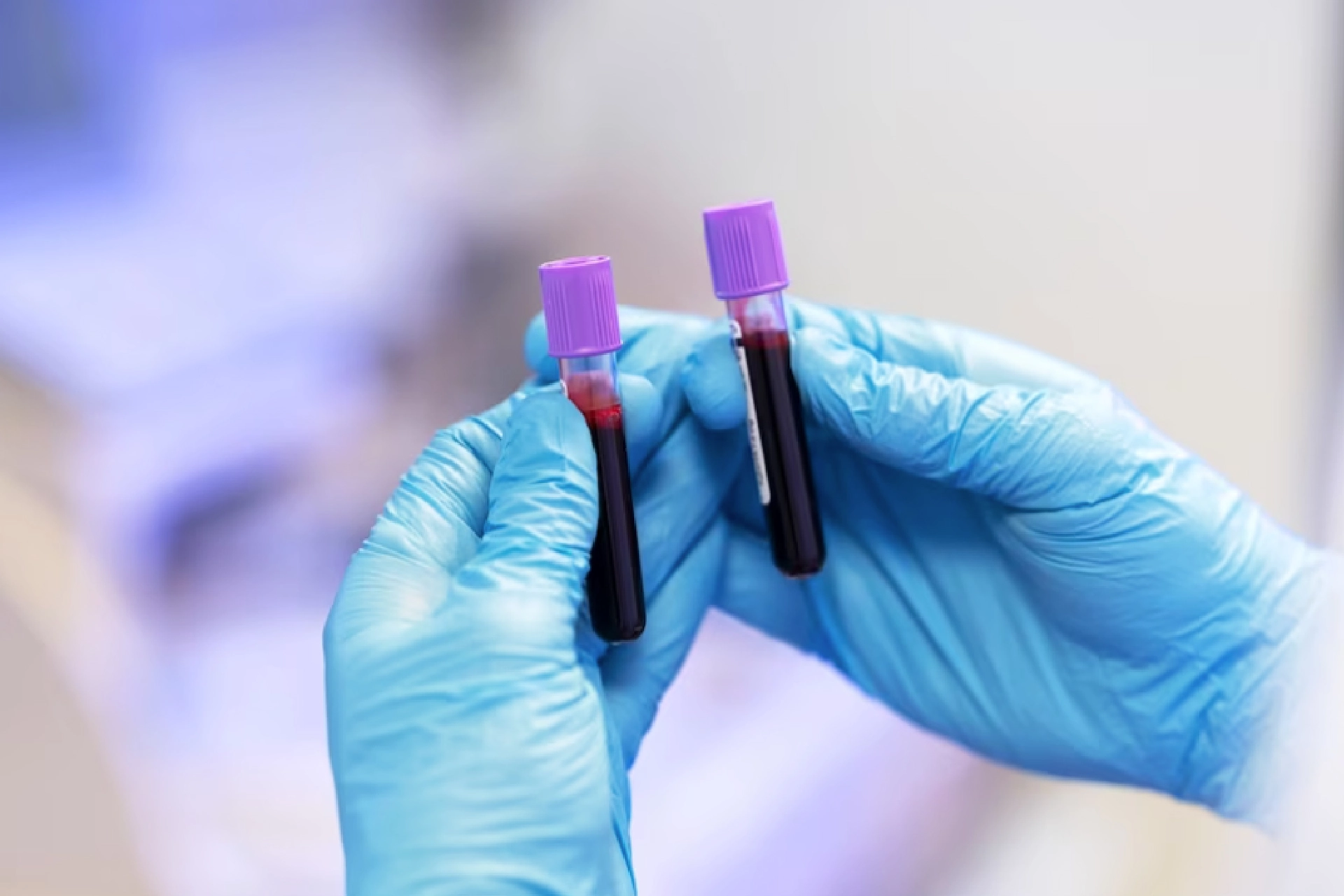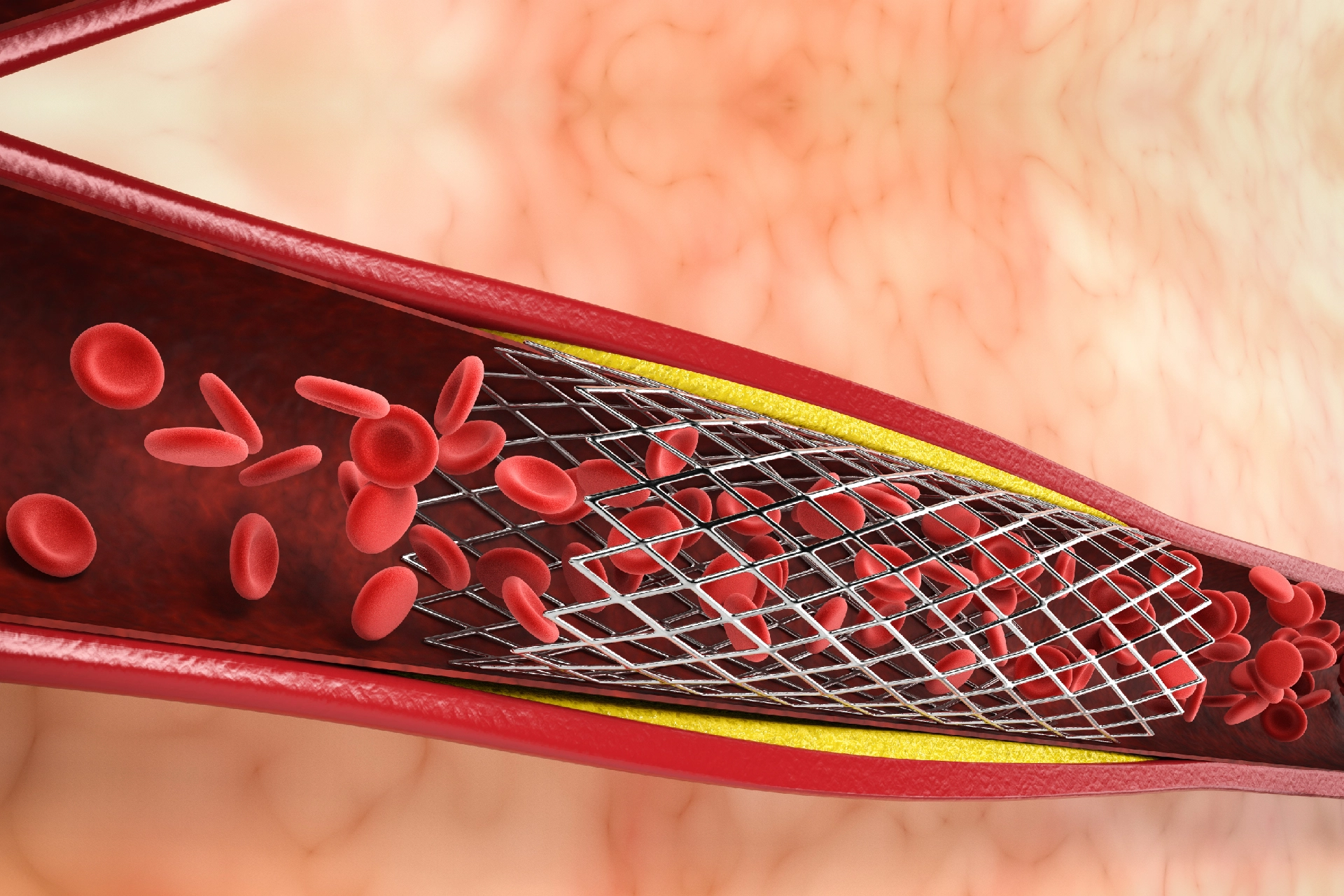Health Tests | 7 min read
RBC Count Test: Meaning, Normal Range, and Causes
Medically reviewed by
Table of Content
Key Takeaways
- It's important to know what the RBC count is and what the normal range is
- It's crucial to know what can cause an abnormal RBC count
- One must know how the RBC count test is performed to understand it better
The RBC count test is almost always a part of the complete blood count (CBC) test [1], which offers a glimpse of your overall health. A CBC test measures various components of your blood, including the normal RBC count, which refers to the number of red blood cells, the WBC count, which refers to the number of white blood cells, and hemoglobin and platelets. You can also get a specific RBC blood test to measure this level.
Red blood cells are produced in the bone marrow and carry oxygen to the tissues and organs of your body, which is vital for their functioning [2]. Read on to learn more about the red blood cell count, RBC normal value, and the causes of abnormal RBC count.
What is Meant by RBC Count?
Normal RBC count or RBC blood test determines the number of red blood cells your body has. This is because your RBCs contain hemoglobin that carries oxygen to the various body organs and tissues. The amount of oxygen your tissues receive depends on the number of RBCs produced.
An RBC count test is performed to diagnose any condition that affects your RBCs. These may include the different types of anemia [3], Alport syndrome [4], white blood cell cancer, bone marrow disorder, and disorders in which RBCs break down earlier than normal. An RBC count is usually part of a complete blood count test, which is also done if you show any symptoms of low blood oxygen. These include bluish discoloration of the skin, confusion, irritability, irregular breathing, and restlessness.
RBC Normal Range
The normal RBC count for men should be 4.7 to 6.1 million cells per microliter (mcL), according to Leukemia & Lymphoma Society [5]. The RBC normal range for women is 4.2 to 5.4 million cells per mcL, whereas the RBC count normal range is 4.0 to 5.5 million mcL for children. As per the National Health Service (NHS) reports, women generally have lower red blood cell count than men. Also, the level of RBCs reduces with age [6].
Additional Read: How is a BP Test DoneRbc Normal Range in Males
A normal red blood cell count in males is typically between 4.7 and 6.1 million cells/mcL. This range may vary slightly from lab to lab. Red blood cells (RBCs) are the most common type of blood cell and carry oxygen from the lungs to the body's tissues. A low RBC count (anemia) can cause fatigue, pale skin, and shortness of breath. A high RBC count (polycythemia) can cause headaches, dizziness, and pain in the bones or joints.
Rbc Normal Range in Females
A normal red blood cell count in females is typically between 4.2 and 5.4 million cells/mcL. Causes of a low RBC count can include anemia, blood loss, poor nutrition, bone marrow problems, and certain medications. A high RBC count can be caused by dehydration, smoking, polycythemia vera (a rare blood disorder), and living at high altitudes.

Complete Blood Count
A complete blood count (CBC) is a test that measures the cells that make up your blood- red blood cells, white blood cells, and platelets. The CBC can help diagnose many different conditions, including anemia, infections, inflammation, leukemia, and other blood disorders. It's often used as part of a routine physical exam. Normal values for a CBC vary depending on your age and gender. For most adults, a normal RBC count is 4.5 to 5.5 million cells/mm3 (females) or 4.7 to 6.1 million cells/mm3 (males). A normal WBC count is 4500 to 10,000 cells/mm3. Causes of abnormal CBC results include anemia (low RBC count), infection (high WBC count), stress, bleeding or clotting disorders (low platelet count), cancer (abnormal cell types), and bone marrow problems (abnormal cell production).
Symptoms of Abnormal Red Blood Cell Count
Higher than RBC normal value
If you have a high red blood cell count, you may have symptoms like fatigue, joint pain, itchy skin after a shower, and shortness of breath. You may also face disturbances during sleep and tenderness in your palms or soles.
Lower than normal RBC count
Difficulty breathing, fatigue, weakness, lightheadedness, and pale skin symptoms of a low red blood cell count. You may also experience an increase in heart rate and headaches, among other symptoms.
Causes of High Red Blood Cell Count
Below are some factors that cause erythrocytosis or high red blood cell count.
- Smoking of cigarettes
- Cor pulmonale or failure of the right side of the heart
- Congenital heart disease
- Hypoxia or low blood oxygen level when you move to a higher altitude
- Renal cell carcinoma, a type of kidney cancer
- Pulmonary fibrosis, thickening or scarring of the lungs
- Polycythemia vera, a bone marrow blood cancer that leads to overproduction of RBCs
- Dehydration from diarrhea and other conditions
- Drugs like gentamicin and methyldopa
Causes of Low Red Blood Cell Count
Below are some causes of low red blood cell count.
- Anemia
- Pregnancy
- Thyroid disorders or dysfunctions
- Internal or external bleeding
- Leukemia, cancer in the blood-forming tissues
- Multiple myeloma, bone marrow cancer
- Overhydration, excess of water in the body
- Malnutrition, lack of nutrients in the body
- Iron, copper, vitamins B-6, B-12, and folate deficiency in the diet
- Failure of bone marrow from radiation, toxins, or tumor
- Hemolysis, RBC destruction caused by blood vessel injury, transfusion, and other causes
- Erythropoietin hormone deficiency that causes anemia in people with chronic kidney disease
- Chemotherapy, chloramphenicol, hydantoins, and quinidine drugs
Cancers Cause High Red Blood Cell Count
Cancer is one of the most common causes of a high red blood cell count. The cancer cells can crowd out the normal red blood cells, causing anemia. Cancer of the bone marrow, such as leukemia, is a particularly common cause of a high red blood cell count. Other cancers that can cause a high red blood cell count include:
- Lymphoma
- Multiple myeloma
- Kidney cancer
- Liver cancer
- Pancreatic cancer
- Polycythemia vera
- Renal cell carcinoma
- Hepatocellular Carcinoma
Prevention Elevated Red Blood Cells
Yes, you can prevent elevated red blood cells in many cases. If you have an infection or other condition that is causing your red blood cell count to increase, treating the underlying condition will usually bring your numbers back down to normal. In some cases, such as with polycythemia vera, lifestyle changes may be necessary to keep your red blood cell count under control. These changes may include avoiding alcohol, quitting smoking, and managing stress.
Treating Abnormal RBC Levels
If you have anemia, treatment may involve taking iron supplements and getting more rest. If your anemia is severe, you may need a blood transfusion. If your RBC count is too high, you may need to be treated for the underlying cause. For example, if you have polycythemia vera (a type of blood cancer), you may need chemotherapy or radiation therapy.
In most cases, abnormal RBC levels can be effectively treated with lifestyle changes or medication. However, in some cases, more aggressive treatment may be necessary.
 Additional Read: What a Full Body Test Entails
Additional Read: What a Full Body Test EntailsYour doctor may recommend that you take an RBC count test to diagnose different types of anemia or other conditions. Try to maintain a normal RBC count by making a healthy lifestyle and dietary changes. Keep your overall health on point by booking a blood test on Bajaj Finserv Health. You can also consult health specialists for guidance on how to control your RBC count and WBC count.
References
Disclaimer
Please note that this article is solely meant for informational purposes and Bajaj Finserv Health Limited (“BFHL”) does not shoulder any responsibility of the views/advice/information expressed/given by the writer/reviewer/originator. This article should not be considered as a substitute for any medical advice, diagnosis or treatment. Always consult with your trusted physician/qualified healthcare professional to evaluate your medical condition. The above article has been reviewed by a qualified doctor and BFHL is not responsible for any damages for any information or services provided by any third party.






